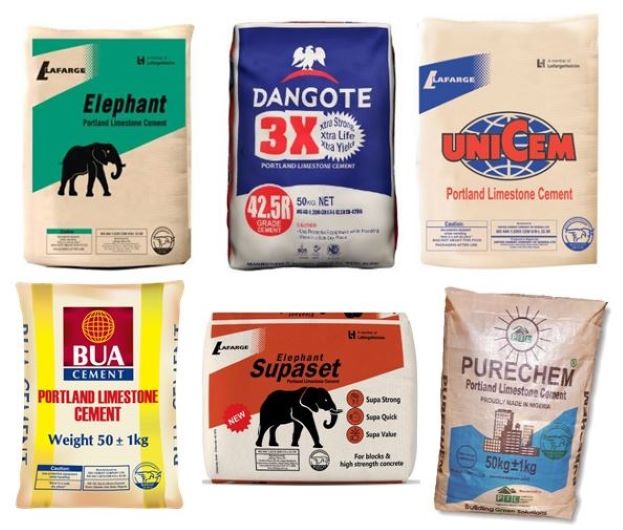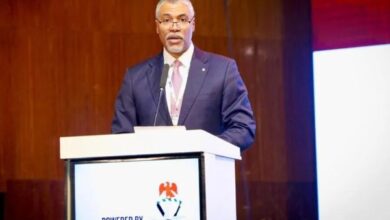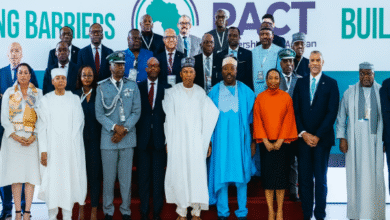
The Centre for the Promotion of Private Enterprises (CPPE) says it is important to provide fair treatment and due process to investors as the National Assembly carries out its duties.
Its founder, Dr Muda Yusuf, said this in a statement on Sunday in Lagos.
Yusuf appealed to members of the National Assembly to always extend due courtesies to investors in the economy in the course of their legislative duties.
Cement price hike making us lose livelihood, artisans, labourers cry out
According to him, there is the need to be careful not to give manufacturers a bad name.
The advice, he stated, was in reaction to the recent deliberations on the floor of the House of Representatives on cement prices which, according to him, portrayed cement manufacturers in very bad light.
Members of the House of Representatives had alleged that cement manufacturers were arbitrary and exploitative in fixing the price of cement.
Yusuf said that some of the remarks at the session were capable of inciting the public against the cement manufacturers and putting their huge investments at risk,
This, he noted, could happen even when the manufacturers were yet to present their own story to the house.
“We should not give our cement manufacturers a bad name as it is a dangerous thing to do, given the huge stake they have in the Nigerian economy.
“We plead with the leadership of the house to ensure moderation in the use of language to avoid adverse consequences for investors in the economy.
“It is even more troubling that the members have not listened to the manufacturers before rushing to judgment and castigating the manufacturers.
“Weighty allegations on cement manufacturers should be premised on painstaking study, empirical facts and evidence.
“The dimensions of the pricing dynamics need to be properly understood and it should not just be about emotions and sentiments,” he said.
Yusuf noted that cement production was highly energy intensive with gas being the major energy source.
He added that the humongous cost of logistics, funding, inflation and other economic variables had huge implications on the production and operational costs of cement manufacturing.
“Gas is priced in dollars for manufacturers in the country, and they sell their products in Naira; the implication of that for production cost is better imagined, especially in the light of the plunge in the value of the naira.
“Admittedly, the risk of profiteering increases with monopoly powers in any economy and in any sector and this risk exists in the Nigeria cement industry as there are few dominant players.
“But this is a regulatory issue located within the framework of the Federal Protection and Competition Act of 2018.
“Meanwhile, the current ex-factory price of cement by the major players is less than N7,000 per bag.
“It follows that pricing issues and the culprits could also be within the cement distribution chain over which the manufacturers have limited control.
“It is important to stress that matters of this nature requires painstaking and thorough investigation to determine the pricing dynamics and the ramifications of the factors driving prices,” he said.
Yusuf stressed that for an economy seeking to industrialise, attract investors and create jobs, principles of fairness demanded that the cement manufacturers be given an opportunity to tell their own story.
This, he stated, showed respect for the norms and standards of fairness and equity.
“We appeal to the national assembly to always extend due courtesies to investors in the economy in the course of their legislative duties.
“The private sector plays a very critical role in the economy as it accounts for over 80 per cent of the nation’s Gross Domestic Product (GDP) and 90 per cent of the employment, and over 80 per cent of revenue to government.
“They deserve to be treated with respect, courtesy, civility and fairness.
“This is without prejudice to the imperative of compliance with extant laws and regulations as well as responsible corporate citizenship by the investors,” he said.
 The Centre for the Promotion of Private Enterprises (CPPE) says it is important to provide fair treatment and due process to investors as the National Assembly carries out its duties.
The Centre for the Promotion of Private Enterprises (CPPE) says it is important to provide fair treatment and due process to investors as the National Assembly carries out its duties.










